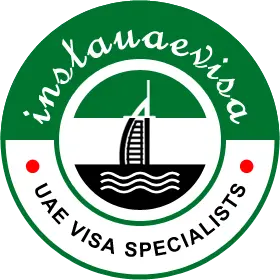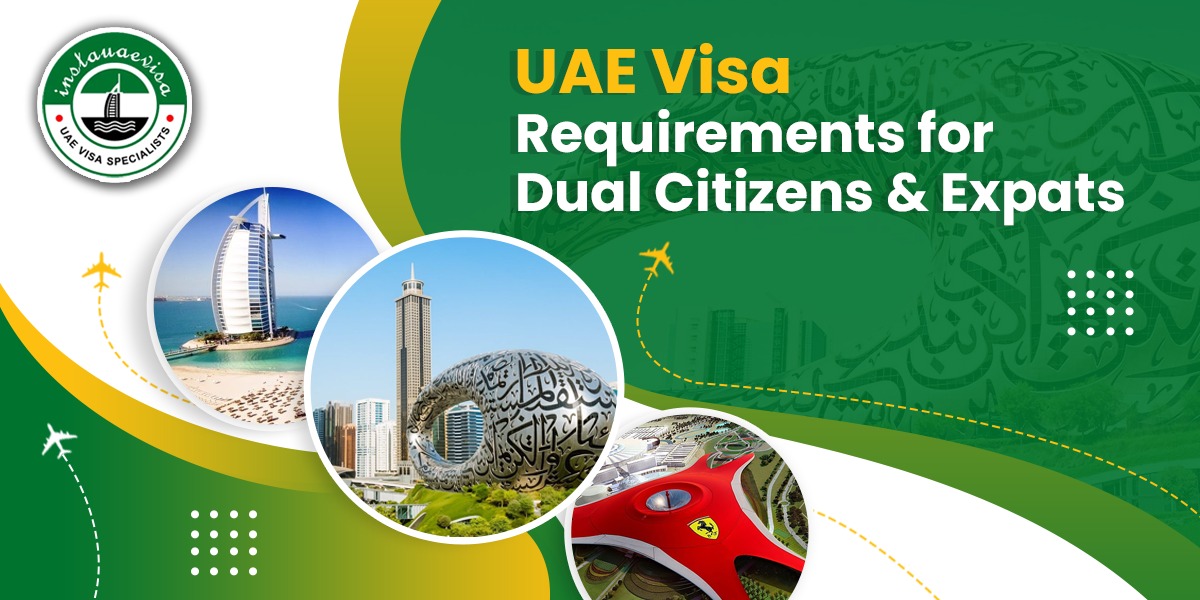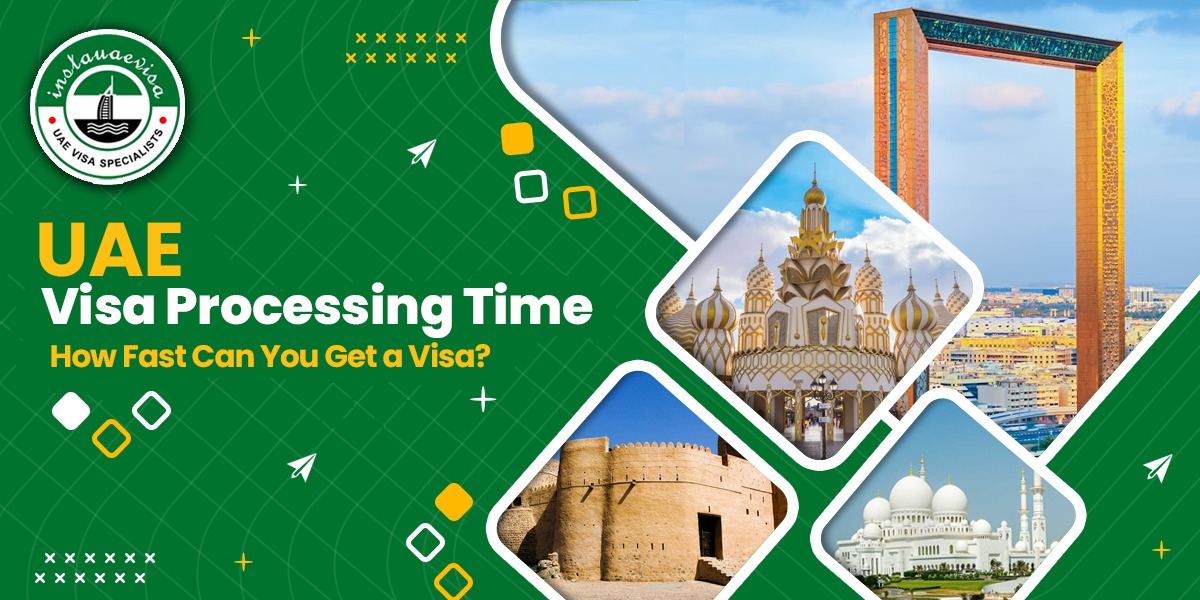Navigating visa requirements can be complex, especially for those with dual citizenship or expatriates planning to visit or relocate to the United Arab Emirates. The UAE, with its gleaming skyscrapers, pristine beaches, and thriving business environment, attracts millions of visitors and expatriates annually. However, understanding the specific visa regulations that apply to your unique circumstances is crucial for a smooth entry and stay in the country.
For dual citizens, the process can be particularly nuanced, as different rules may apply depending on which passport you choose to travel with. This comprehensive guide breaks down everything you need to know about UAE visa requirements specifically tailored for dual citizens and expatriates, helping you prepare properly for your journey to this dynamic Middle Eastern hub.
Understanding Dual Citizenship in the Context of UAE Travel
Dual citizenship presents both advantages and challenges when traveling to the UAE. As a dual citizen, you essentially hold citizenship in two different countries simultaneously, giving you the option to travel using either passport. However, this choice can significantly impact your visa requirements for entering the UAE.
The UAE recognizes dual citizenship for entry purposes, but it's important to understand that they will only consider the passport you present at immigration. This means your visa requirements will be determined by the nationality shown on the passport you choose to use, not by your status as a dual citizen per se.
When deciding which passport to use for your UAE travel, consider:
- Which nationality enjoys more favorable visa conditions for the UAE
- The duration of stay you're planning
- The purpose of your visit (tourism, business, or long-term residence)
- Any restrictions that might apply to either of your nationalities
Pre-Arranged Visa Requirements
If neither of your passports qualifies for visa-free entry or visa-on-arrival, you'll need to apply for a pre-arranged visa. The UAE offers several visa categories suitable for different purposes and durations of stay.
Tourist Visas
Tourist visas are ideal for those planning to visit the UAE for leisure, sightseeing, or visiting friends and family. Key points about tourist visas include:
- Available as short-term (30 days) or long-term (60 days) options
- Must be sponsored by a UAE-based entity (hotel, tour operator, or UAE resident)
- Application can be made through the online portal, UAE embassy, or authorized travel agencies
- Required documents typically include passport copies, photographs, travel insurance, and return ticket confirmation
Visit Visas
Visit visas cater to those traveling for purposes beyond tourism, such as business meetings, conferences, or family visits. These visas:
- Can be single-entry or multiple-entry
- Typically allow stays of 30 to 60 days
- Require sponsorship from a UAE resident, company, or hotel
- May require additional documentation proving the purpose of your visit
Special Considerations for Dual Citizens
Passport Selection Strategy
When deciding which passport to present when entering the UAE, consider:
- Visa requirements: Choose the passport that gives you the most favorable entry conditions
- Length of allowed stay: Some nationalities are permitted longer visits than others
- Purpose of travel: Certain passports may make business visas easier to obtain
- Exit requirements: Remember that you should generally exit using the same passport you entered with
Traveling with Both Passports
While you'll need to select one passport for UAE entry, traveling with both your passports is advisable. This allows you flexibility when traveling to other destinations from the UAE or returning to either of your home countries.
Disclosure of Dual Citizenship
The UAE immigration authorities generally don't require you to disclose your dual citizenship status. You simply present the passport you wish to use for entry. However, if specifically asked, it's advisable to be truthful about your citizenship status.
Visa Application Process
Documents Required
Regardless of which visa type you're applying for, certain documents are consistently required:
- Valid passport with at least six months validity
- Passport-sized photographs with white background
- Completed application form
- Proof of travel insurance
- Evidence of sufficient funds for your stay
- Return ticket (for visit visas)
- Additional documents specific to your visa type
Application Channels
UAE visas can be applied for through various channels:
- Online through Instauaevisa.org
- Through UAE-based sponsors (employers, hotels, tour operators)
Processing Timeframes
Processing times vary by visa type and application method:
- Express services: 24-48 hours (additional fees apply)
- Standard processing: 3-5 working days for most visa types
- Residence visas: 7-14 days for complete processing including medical tests and Emirates ID
Visa Extensions and Status Changes
Visit Visa Extensions
If you enter on a visit visa and need additional time in the UAE:
- Extensions can be applied for before your existing visa expires
- Extension fees apply and increase with each subsequent extension
- Maximum extension periods vary by visa type and nationality
- Extensions can be arranged through authorized typing centers or online
Status Change
Changing from one visa type to another (e.g., from tourist to residence) can often be accomplished without leaving the UAE:
- Status change services are available through the GDRFA
- Fees apply and vary based on the visa types involved
- Processing typically takes 3-7 business days
- Required documents depend on the new visa type you're applying for
Common Challenges for Dual Citizens
Visa Restrictions for Certain Nationalities
Some nationalities face stricter visa requirements or security checks when entering the UAE. If one of your passports belongs to such a country, consider using your alternative passport if it offers more favorable conditions.
Travel to Neighboring Countries
When planning to visit multiple countries in the region, consider which passport offers the best combination of visa advantages for all destinations on your itinerary.
Consular Protection
Remember that while in the UAE, you can typically only seek consular assistance from the country whose passport you used to enter. This is an important consideration when choosing which citizenship to travel under.
Tips for a Smooth Visa Process
Plan Ahead
- Apply for your visa well in advance of your planned travel dates
- Check the most current requirements as regulations can change
- Ensure all your documents are complete and properly formatted
Seek Professional Assistance
For complex cases or if you're uncertain about the best approach:
- Consider consulting with an immigration specialist familiar with UAE regulations
- Many hotels and travel agencies offer visa assistance services
- UAE-based employers typically handle visa processes for their expatriate employees
Stay Informed About Changes
Visa regulations in the UAE undergo periodic updates. Stay informed through:
- Official UAE government websites
- Your country's embassy or consulate in the UAE
- Reputable expatriate forums and resources
Conclusion
Navigating UAE visa requirements as a dual citizen offers unique advantages while requiring careful consideration of which passport to use. By understanding the specific requirements that apply to each of your nationalities, you can make an informed decision that best suits your travel needs and circumstances.
For expatriates planning a longer stay, ensuring you have the correct visa type from the outset will save considerable time and potential complications. Whether you're visiting for a short holiday, conducting business, or planning to make the UAE your home, proper visa planning is essential for a smooth experience in this dynamic and welcoming country.




